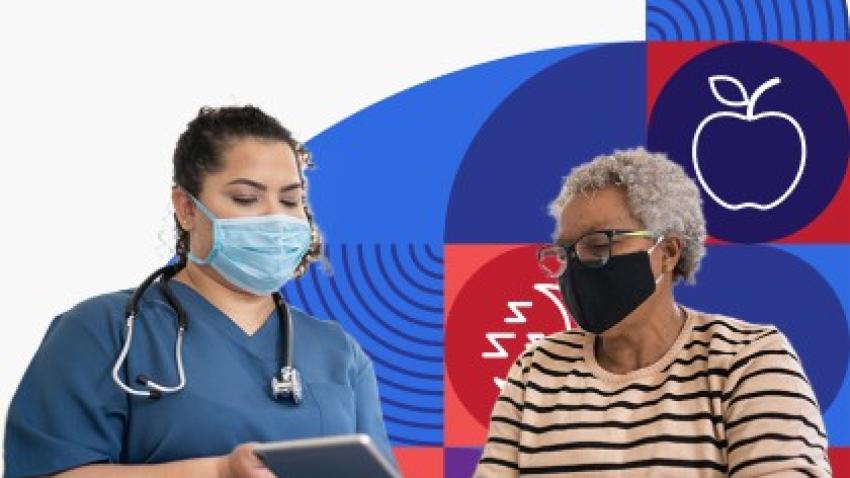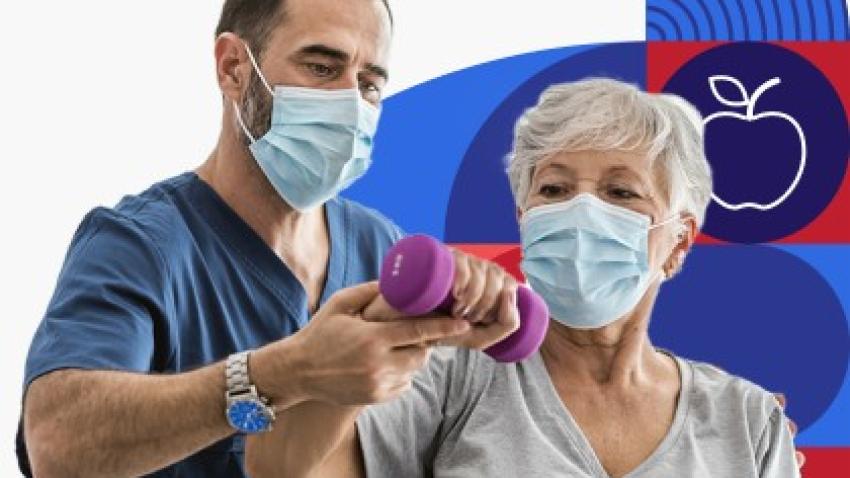Healthy Living
Support a Loved One at the Doctor: Quick Tips

When someone is visiting the doctor, it may help to have a loved one there to listen and ask questions. This is especially true for people dealing with a chronic (long-term) health condition or a serious illness. Use these tips to help someone you care about before, during, and after a doctor’s visit.
Before the visit
To help your loved one prepare for their doctor’s visit:
- Ask if they’d like you to go with them to the visit
- Help them make a list of questions to ask the doctor or nurse
You can also help your loved one make a list of health information to share with the doctor or nurse. Make sure the list includes:
- Any changes in their health since the last visit, like a serious injury or illness
- Any recent life changes, like losing their job
- A family health history, like a list of any health conditions that run in the family
- A list of all the medicines that they’re taking, including over-the-counter medicines and vitamins
During the visit
If you go with your loved one to their doctor’s visit:
- Introduce yourself to the doctor and explain why you're there
- Keep track of the doctor’s advice and answers to questions on your smartphone or a notepad
- If you don’t understand something the doctor says, ask the doctor to explain it until you do understand
The doctor may ask to see your loved one in private during parts of the visit — or your loved one may want to talk to the doctor by themselves. Ask your loved one what they need from you at the visit.
After the visit
Make sure your loved one understands what the doctor said during the visit. You can:
- Discuss the visit with your loved one and talk about what you learned
- Call the doctor’s office and ask any questions you still have
- Ask your loved one if they need help getting any medicines or supplies that the doctor recommended
- Remind your loved one to set up any follow-up appointments with the doctor or nurse
Content last updated December 22, 2022
Reviewer Information
This information on supporting a friend or family member at a medical appointment was adapted from materials from the Centers for Medicare and Medicaid Services and the Agency for Healthcare Research and Quality.
Reviewed by:
Rachel Katonak
Centers for Medicare and Medicaid Services
Division of Policy and Evidence Review
Coverage and Analysis Group


